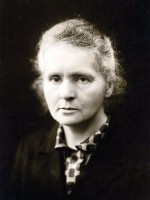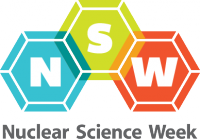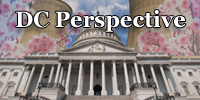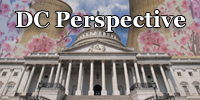Piercy discusses wide-ranging topics on Titans of Nuclear podcast
 ANS Executive Director/CEO Craig Piercy was a recent guest on the Titans of Nuclear podcast, hosted by Bret Kugelmass. The podcasts feature interviews with experts throughout the nuclear community, covering advanced technology, economics, policy, industry, and more.
ANS Executive Director/CEO Craig Piercy was a recent guest on the Titans of Nuclear podcast, hosted by Bret Kugelmass. The podcasts feature interviews with experts throughout the nuclear community, covering advanced technology, economics, policy, industry, and more.
The wide-ranging discussion with Piercy tackled diverse subjects—from his Washington, D.C., policymaking background, to ANS’s role in addressing challenging nuclear issues, to waste management and climate change.


 The latest season of
The latest season of  ANS member Dr. Christopher Morrison was a recent guest on
ANS member Dr. Christopher Morrison was a recent guest on  The start of Marie Curie's story isn't like most of the other scientists that had made a name for themselves throughout history, mostly because she was a grown woman by the start of the 20th century. But she was the first woman to do a lot of things, including getting a Ph.D. from a university in France, and winning a Nobel Prize. She was also the first person ever to win a Nobel Prize in two different fields of science. To say she pushed the societal and scientific boundaries of her era is an understatement.
The start of Marie Curie's story isn't like most of the other scientists that had made a name for themselves throughout history, mostly because she was a grown woman by the start of the 20th century. But she was the first woman to do a lot of things, including getting a Ph.D. from a university in France, and winning a Nobel Prize. She was also the first person ever to win a Nobel Prize in two different fields of science. To say she pushed the societal and scientific boundaries of her era is an understatement.
 In January, the U.S. Environmental Protection Agency
In January, the U.S. Environmental Protection Agency 